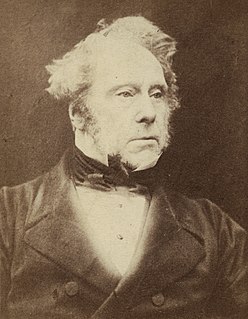A Quote by Henry John Temple, 3rd Viscount Palmerston
Large republics seem to be essentially and inherently aggressive.
Quote Topics
Related Quotes
A state too expensive in itself, or by virtue of its dependencies, ultimately falls into decay; its free government is transformed into a tyranny; it disregards the principles which it should preserve, and finally degenerates into despotism. The distinguishing characteristic of small republics is stability: the character of large republics is mutability.
Republics demanded virtue. Monarchies could rely on coercion and "dazzling splendor" to suppress self-interest or factions; republics relied on the goodness of the people to put aside private interest for public good. The imperatives of virtue attached all sorts of desiderata to the republican citizen: simplicity, frugality, sobriety, simple manners, Christian benevolence, duty to the polity. Republics called on other virtues--spiritedness, courage--to protect the polity from external threats. Tyrants kept standing armies; republics relied on free yeomen, defending their own land.
World dictatorship can be established only when the victory of socialism has been achieved in certain countries or groups of countries ... [and] when these federation of republics have finally grown into a world union of Soviet Socialist Republics uniting the whole of mankind under the hegemony of the international proletariat organized as a state.
When people talk as if the Crusades were nothing more than an aggressive raid against Islam, they seem to forget in the strangest way that Islam itself was only an aggressive raid against the old and ordered civilization in these parts. I do not say it in mere hostility to the religion of Mahomet; I am fully conscious of many values and virtues in it; but certainly it was Islam that was the invasion and Christendom that was the thing invaded.


































